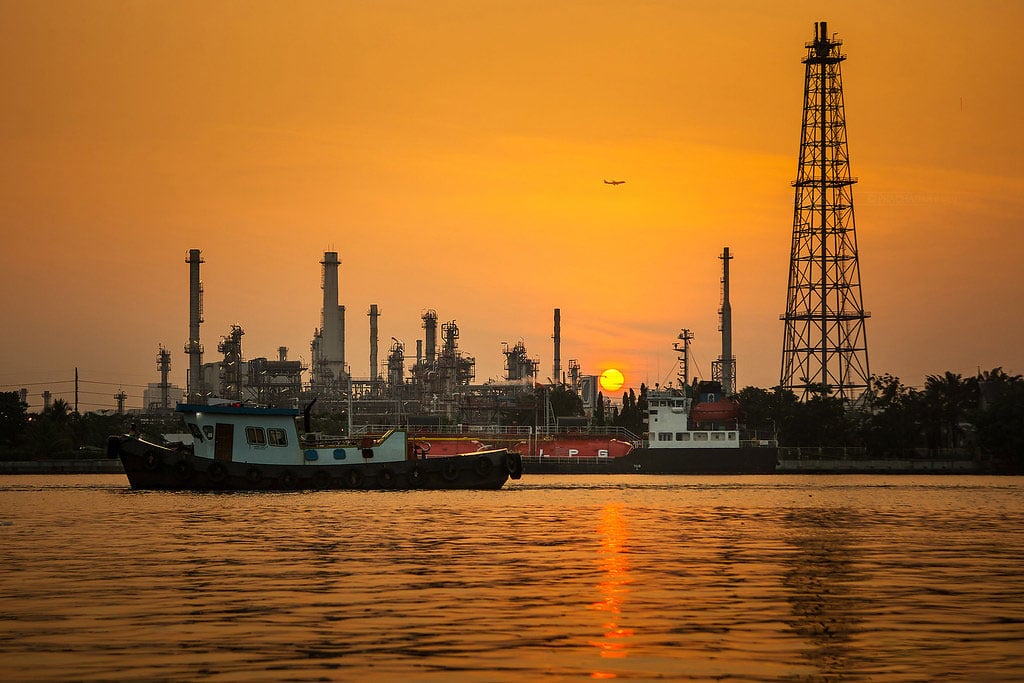Groups defend public’s right to challenge approval of fossil fuel infrastructure projects
HALIFAX/ TRADITIONAL TERRITORY OF THE MI’KMAQ PEOPLE – Environmental groups are at the Nova Scotia Court of Appeal today challenging a provincial Supreme Court decision which denied them public interest standing. The groups had argued that they have public interest standing to challenge the Nova Scotia government’s approval of a highway realignment central to the proposed Goldboro LNG project.
Public interest standing is a vital tool that allows Canadians to hold governments and industry accountable for unlawful actions by challenging them in court.
In July 2021, Ecojustice filed a lawsuit on behalf of Ecology Action Centre and the New Brunswick Anti-Shale Gas Alliance (NBASGA) challenging the provincial Minister of Environment and Climate Change’s decision to approve the re-routing of Highway 316. In June 2022, the Supreme Court of Nova Scotia denied the groups public interest standing. The groups subsequently launched an appeal.
The groups say the Minister’s decision to approve the highway realignment should have considered the future greenhouse gas (GHG) emissions it would enable through the proposed Goldboro liquefied natural gas (LNG) project nearby. The highway realignment was identified by both the Province and Pieridae Energy (the company behind the multi-billion-dollar project) as an essential prerequisite to the construction of Goldboro LNG. The groups say that the Minister’s decision also failed to consider the toxic contamination risks posed by abandoned gold mines in the area.
In her decision to deny the groups public interest standing, Justice Jamieson accepted that the environmental impacts from natural gas production are important issues, with potentially broad or significant impacts, but said those considerations did not apply to the highway realignment. The Judge denied standing because she did not consider the case to raise any serious issues.
As we face a growing climate crisis, the groups say it is unacceptable that a project which would enable millions of tonnes of greenhouse gases and pose serious risks of toxic contamination be considered for approval in a vacuum. The government needs to be more transparent and consider all climate and environmental impacts before approving major infrastructure projects. The public’s right to challenge these types of decisions in court must be safeguarded.
The groups released the following statements:
James Gunvaldsen Klaassen, Lawyer, Ecojustice said:
“In her decision to deny our clients public interest standing, the Judge said that their challenge to the highway realignment did not raise any serious issues. But in the face of an ever-growing climate emergency, we need governments to carefully consider approving any project that enables the expansion or introduction of new harmful fossil fuel infrastructure.
“The government also needs to be transparent with the public about how those decisions are made.”
Jim Emberger, Spokesperson, New Brunswick Anti-Shale Gas Alliance, said:
“Dire warnings from COP27 about the absolute necessity of decreasing greenhouse gases, and the vast destruction in Atlantic Canada from climate change-enhanced Storm Fiona, illustrate that any project enabling the production of huge amounts of greenhouse gases is a ‘serious issue’.
“Just as importantly, the public is entitled to know the government’s reasoning behind its decision to enable such a project, as well as the reasons why citizen concerns over toxic waste were not addressed by a regulatory agency. Only public standing in this case will provide those answers.”
Maggy Burns, Executive Director, Ecology Action Centre said:
“Groups like the Ecology Action Centre require public interest standing in order to hold government accountable on decisions that could undermine our environment and our communities. Otherwise, our ability to act as a watchdog for the environment is severely limited, and in a climate emergency, that is a limitation we can’t afford.”

